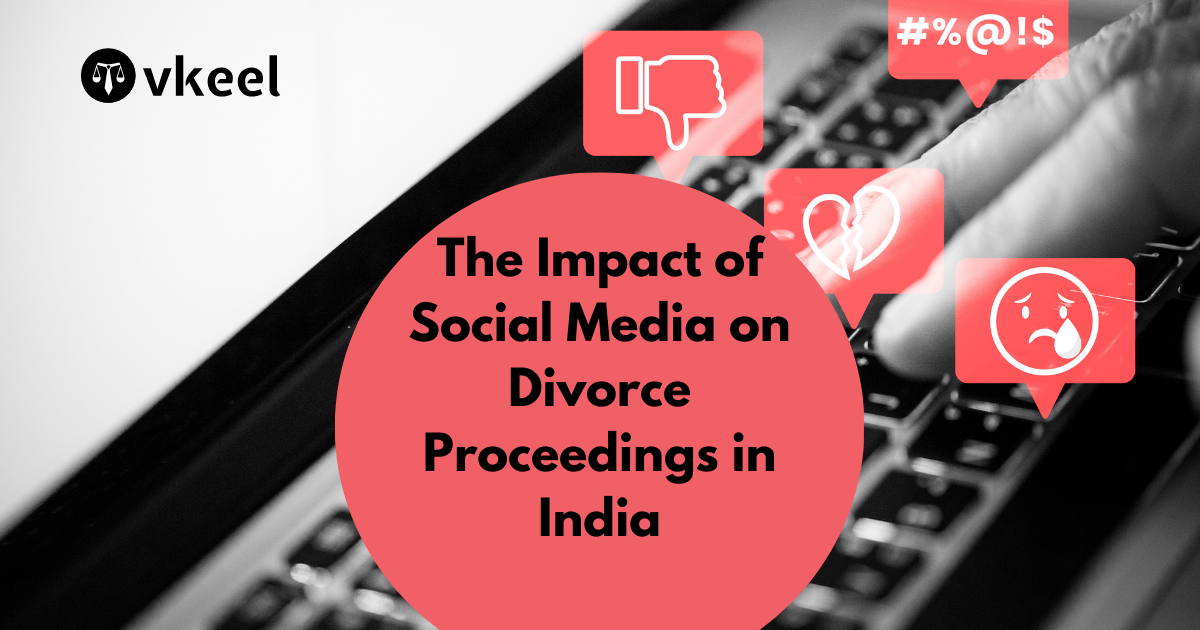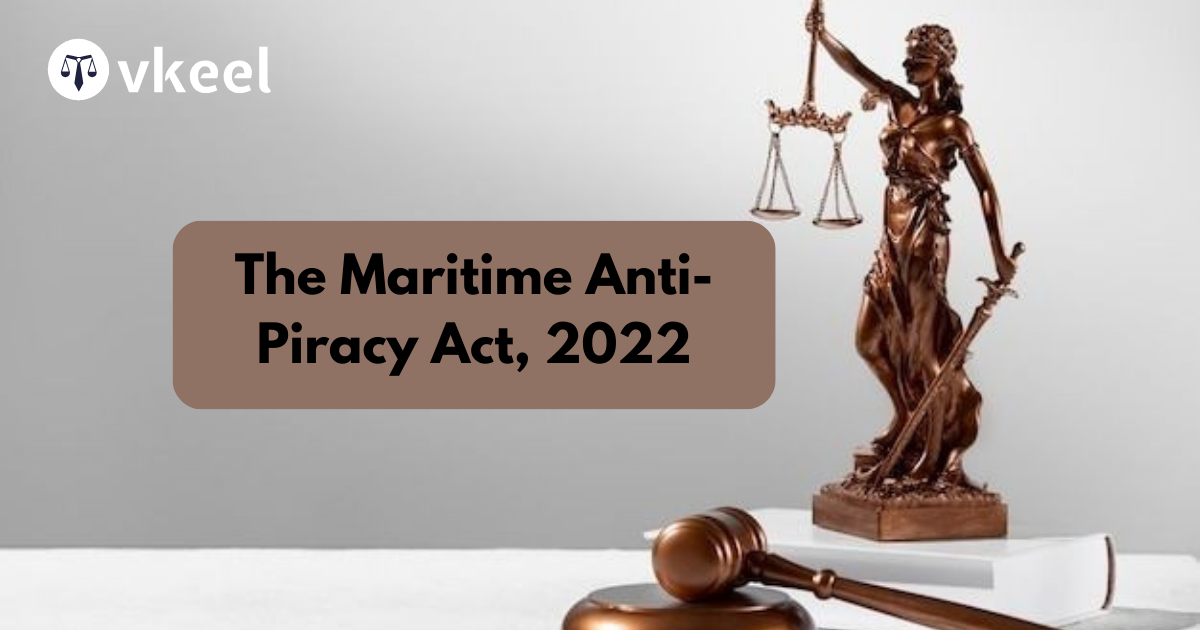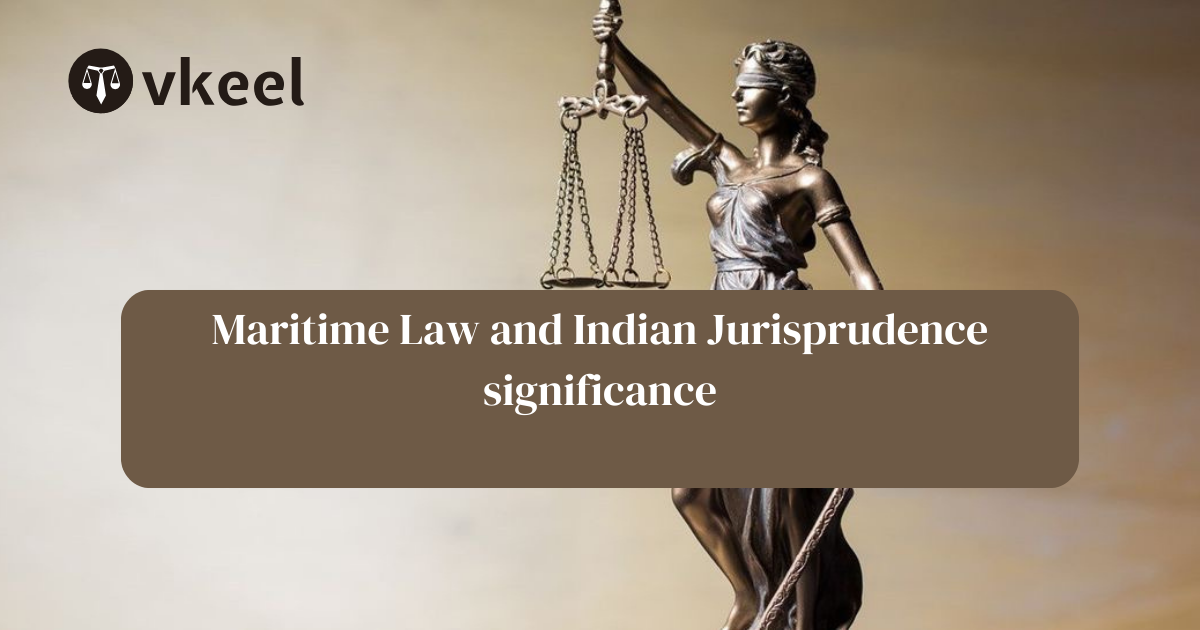The Impact of Social Media on Divorce Proceedings in India
By Himanshu Kumar
Table of Contents
Introduction
The advent of social media has revolutionized communication, altering how people interact and share information. In India, social media platforms such as Facebook, Twitter, Instagram, and WhatsApp have become integral to daily life. However, the influence of social media extends beyond personal interactions, seeping into legal realms, particularly divorce proceedings.
The primary reason for the significant impact of social media on divorce proceedings in India is the wealth of evidence it provides regarding the personal behaviors and interactions of the parties involved. Social media platforms, such as Facebook, WhatsApp, and Instagram, often capture intimate details of an individual’s life that can be pivotal in divorce cases. Posts, messages, photos, and status updates can reveal evidence of infidelity, financial misrepresentations, and even instances of cruelty. Courts have increasingly recognized the relevance and admissibility of such digital evidence under the Indian Evidence Act, 1872, particularly with the advent of Section 65B, which addresses the admissibility of electronic records. This has enabled spouses to present compelling evidence that can substantiate their claims, leading to more informed and fair judicial decisions.
Another critical reason is the role of social media in shaping perceptions of parental fitness in child custody disputes. The portrayal of a parent’s lifestyle and behavior on social media can influence the court’s assessment of their suitability for custody. Posts depicting irresponsible or harmful behavior can be detrimental to a parent’s case, whereas evidence of positive and responsible parenting can bolster it. The increasing reliance on social media evidence in custody battles underscores its impact on divorce proceedings, highlighting the need for individuals to be mindful of their online presence. This shift also reflects broader changes in societal norms and legal practices, as digital footprints become an integral part of personal and legal narratives in the modern age.
Social Media as Evidence in Divorce Proceedings
Social media can provide critical evidence in divorce cases, influencing outcomes significantly. Posts, messages, and shared media can reveal infidelity, hidden assets, or other behaviors pertinent to the case. Courts increasingly accept such evidence, provided it is authentic and relevant.
Admissibility of Social Media Evidence
The Indian Evidence Act, 1872, governs the admissibility of evidence in Indian courts. Section 65B of the Act, introduced by the Information Technology Act, 2000, deals with the admissibility of electronic records, including social media content. Under this section, any information stored electronically and reproduced in a physical format is admissible in court, subject to certain conditions.
The Supreme Court of India, in the landmark case of Anvar P.V. v. P.K. Basheer (2014), clarified the requirements for electronic evidence admissibility. The Court held that electronic evidence must be accompanied by a certificate under Section 65B(4) of the Indian Evidence Act, signed by a person responsible for managing the electronic device.
Social Media and Grounds for Divorce
Social media can play a pivotal role in substantiating grounds for divorce, such as cruelty, adultery, or desertion.
Cruelty
Under Section 13(1)(ia) of the Hindu Marriage Act, 1955, cruelty is a valid ground for divorce. Social media posts or messages demonstrating abusive or derogatory behavior can be used as evidence to prove mental cruelty. In Shobha Rani v. Madhukar Reddi (1988), the Supreme Court held that mental cruelty must be assessed based on the facts and circumstances of each case. Social media evidence can thus provide context and substance to claims of mental cruelty.
Adultery
Adultery, under Section 13(1)(i) of the Hindu Marriage Act, is another ground for divorce. Social media can reveal extramarital relationships through messages, photos, or status updates. In Narendra v. K. Meena (2016), the Supreme Court emphasized that evidence of adultery need not be direct but can be inferred from the circumstances. Social media interactions can provide such circumstantial evidence.
Desertion
Desertion, defined under Section 13(1)(ib) of the Hindu Marriage Act, involves the abandonment of one spouse by the other without reasonable cause. Social media activity indicating a spouse’s prolonged absence or new residence can support claims of desertion.
Impact of Social Media on Child Custody
Child custody disputes often accompany divorce proceedings. Social media can influence custody decisions by providing insights into the parenting abilities and lifestyle choices of each parent.
Evaluating Parental Fitness
Courts assess parental fitness based on the child’s best interests. Social media posts depicting irresponsible behavior, substance abuse, or neglect can undermine a parent’s custody claim. In Githa Hariharan v. Reserve Bank of India (1999), the Supreme Court emphasized that the child’s welfare is paramount in custody cases. Thus, social media evidence reflecting poorly on a parent’s character can significantly impact custody decisions.
Amendments and Legal Developments
The influence of social media on divorce proceedings has prompted legislative and judicial responses to address the challenges posed by digital evidence.
The Information Technology Act, 2000
The Information Technology Act, 2000, was a pivotal legislative development that recognized the admissibility of electronic records, including social media content. The Act, through Section 65B of the Indian Evidence Act, established the framework for using electronic evidence in legal proceedings.
The Personal Data Protection Bill, 2019
The Personal Data Protection Bill, 2019, aims to safeguard individuals’ privacy and regulate the processing of personal data. The Bill includes provisions that impact the use of social media evidence in divorce cases, emphasizing the need for consent and data protection. While the Bill is yet to be enacted, its provisions underscore the importance of balancing evidence collection with privacy rights.
Notable Case Laws
Several landmark cases illustrate the impact of social media on divorce proceedings in India.
Divya v. M. Rajesh (2017)
In this case, the Madras High Court considered WhatsApp messages as evidence of cruelty. The wife presented derogatory and abusive messages sent by her husband, which the court accepted as evidence of mental cruelty. This case underscores the admissibility of social media messages in substantiating claims of cruelty.
Ritu Kohli v. Union of India (2001)
This case marked one of the earliest instances of cyberstalking in India. While not a divorce case, it highlights the judiciary’s recognition of digital harassment. The Delhi High Court’s intervention in this case paved the way for addressing online harassment in matrimonial disputes, emphasizing the need to protect individuals from digital abuse.
Sunita v. Rajesh (2018)
In this case, the Punjab and Haryana High Court considered Facebook posts to determine the wife’s allegations of adultery. The wife’s evidence included photos and posts suggesting an extramarital affair. The court acknowledged the relevance of social media evidence in proving adultery, demonstrating the evolving acceptance of digital evidence in divorce cases.
Challenges and Concerns
While social media evidence can be compelling, it also raises several challenges and concerns.
Authenticity and Reliability
Ensuring the authenticity and reliability of social media evidence is crucial. Courts must verify that the evidence has not been tampered with or fabricated. The requirement for a Section 65B certificate under the Indian Evidence Act aims to address these concerns but can be challenging to obtain.
Privacy Issues
The use of social media evidence in divorce proceedings raises privacy concerns. Gathering evidence from private social media accounts may infringe on individuals’ privacy rights. The Personal Data Protection Bill, 2019, seeks to address these issues by regulating data collection and ensuring informed consent.
Emotional and Psychological Impact
The inclusion of social media evidence in divorce proceedings can exacerbate the emotional and psychological stress experienced by the parties involved. Public exposure of private communications and behavior can be humiliating and distressing, adding another layer of complexity to already challenging divorce cases.
Conclusion
Social media has undeniably influenced divorce proceedings in India, providing new avenues for gathering evidence and substantiating claims. The judiciary’s evolving stance on the admissibility of social media evidence, coupled with legislative developments like the Information Technology Act, 2000, highlights the legal system’s adaptation to digital realities.
While social media evidence can be compelling, it also raises significant challenges related to authenticity, privacy, and emotional impact. Balancing the probative value of social media evidence with these concerns is crucial to ensuring fair and just divorce proceedings.
As social media continues to permeate daily life, its impact on legal processes, including divorce, will likely grow. Ongoing judicial and legislative efforts will be essential in addressing the complexities and ensuring that the legal system evolves to meet the challenges posed by digital evidence.
Disclaimer:
The information provided in the article is for general informational purposes only, and is not intended to constitute legal advice or to be relied upon as a substitute for legal advice. Furthermore, any information contained in the article is not guaranteed to be current, complete or accurate. If you require legal advice or representation, you should contact an attorney or law firm directly. We are not responsible for any damages resulting from any reliance on the content of this website.










